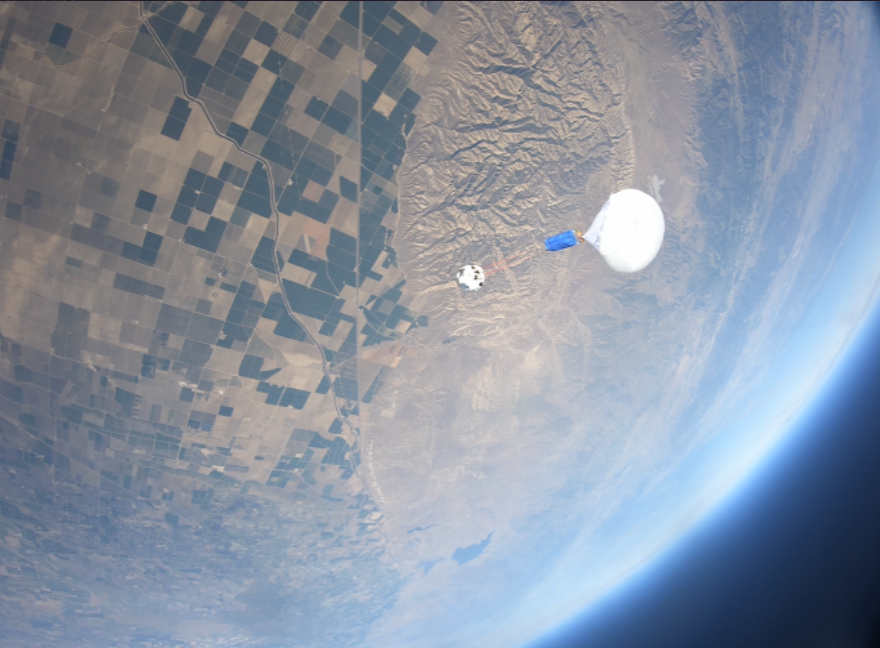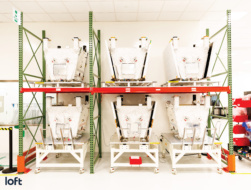Outpost has won a $1.7M DoD contract to help fund development and testing of its Ferry satellite, which can bring payloads safely back to Earth without burning up in the atmosphere.
The Direct to Phase II Orbital Prime SBIR contract from SpaceWERX is the startup’s first contract with the Defense Department, Paul Tomko, the director of business development at Outpost, told Payload.
The idea: Outpost was founded in 2020 on the idea that countries and companies were making big plans to launch hundreds of thousands of satellites into megaconstellations, but no one was giving any thought to bringing them back down—or to the environmental impact of tens of thousands of satellites burning up in the atmosphere each year.
Based on the planned scale of satellite constellations, “if you don’t have any way to bring [them] back to earth, you literally are just burning up 30,000 satellites in the atmosphere every year,” Tomko said.
The tech: The Ferry platform will launch with a customer payload aboard any rideshare rocket. When it’s time to come back to Earth, the Ferry will deploy an inflatable heat shield to protect the satellite as it re-enters the atmosphere. An autonomous paraglider platform will safely guide the satellite the rest of the way to Earth, ensuring it a smooth and precise landing, Tomko said.
Outpost has tested its inflatable heat shield, which was developed in conjunction with NASA, and has also tested its paraglider system with a high altitude balloon drop test. The next step will be a full-scale demonstration mission returning a payload to Earth, which is expected in late 2024 or early 2025, Tomko said.
The benefits: Getting payloads back quickly has lots of potential use cases, Tomko said. For biological experiments in space, having the spacecraft touch down on land means researchers can get to their data much faster than if it splashed down in the ocean. It will also allow startups to send their tech to space for a short time and rapidly iterate based on their findings after getting the hardware back.
“We would love to be a one-month satellite…so you can see what changed, what worked, and what didn’t,” he said.
What’s next: At first, Outpost will launch with a customer payload on board and bring that same payload back to Earth. But eventually, Tomko said the company hopes to be able to retrieve defunct satellites or other space junk and return them to Earth after deploying a satellite.




